Cannabinoids are a group of active compounds found in the Cannabis plant. With the growing acceptance and legalization of cannabis and cannabis-derived products across the world, it’s crucial to understand the different types of cannabinoids, the legal considerations surrounding them, and essential tips for users.
Types of Cannabinoids
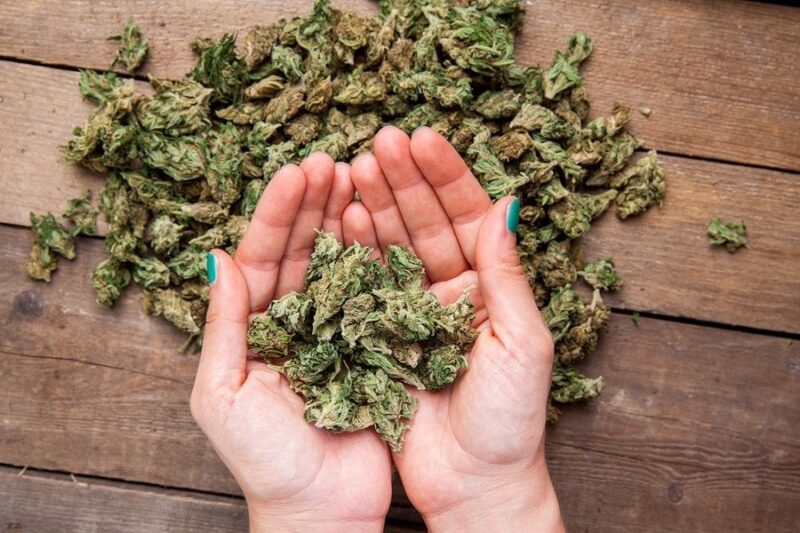
THC
- Scientific Name: Delta-9-tetrahydrocannabinol
- Properties: Psychoactive, responsible for the “high”
- Medical Use: Pain relief, appetite stimulant
CBD
- Scientific Name: Cannabidiol
- Properties: Non-psychoactive, reduces anxiety and inflammation
- Medical Use: Epilepsy, anxiety, and other mental health conditions
Other Cannabinoids
- CBN (Cannabinol): Sleep aid, anti-inflammatory
- CBG (Cannabigerol): Anti-inflammatory, antibacterial
- THCV (Tetrahydrocannabivarin): Appetite suppressant
Legal Considerations
United States
In the United States, the legal status of cannabis and cannabinoids vary by state as explained by experts from D8Austin. Federal law classifies cannabis as a Schedule I drug under the Controlled Substances Act, making it illegal.
However, many states have legalized cannabis for medicinal and recreational use. It’s essential to understand your state’s laws and regulations regarding cannabinoid use.
International Cannabis Laws: A Closer Look
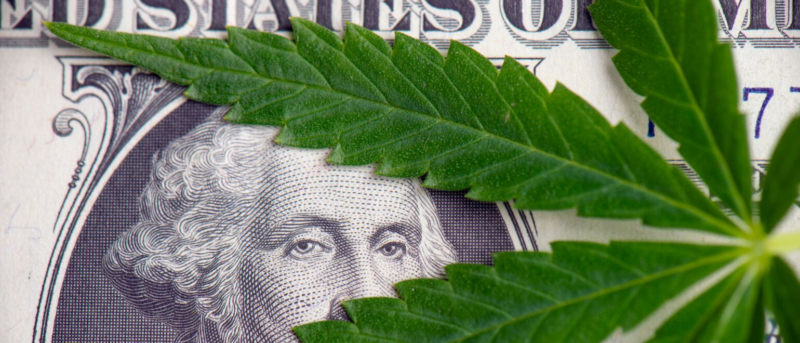
The international stage presents a vast array of stances on the legality of cannabinoids. Every country has a unique approach to regulating these substances, encompassing a spectrum from full legalization to strict prohibition. Below, we explore these diverse legal landscapes and emphasize the importance of understanding local laws and regulations regarding cannabis use.
Full Legalization
In some countries, both medical and recreational cannabis use are fully legalized. These nations have systems in place for the regulated production, sale, and use of cannabis products. Some notable examples include:
- Canada: In 2018, Canada became the second country in the world (after Uruguay) to legalize recreational cannabis use nationwide. Individuals can purchase cannabis from licensed retailers, cultivate a limited amount at home, and possess up to 30 grams in public.
- Uruguay: As the first country to legalize recreational cannabis in 2013, Uruguay allows residents to purchase from pharmacies, join a cannabis club, or grow at home.
Medical Use Only
Some countries have legalized the use of cannabis exclusively for medical purposes. Patients in these nations can use cannabis products as part of their medical treatment with a valid prescription from a healthcare provider. Examples include:
- Germany: Medical cannabis is legal for registered patients with severe conditions, and the government covers the cost under its health insurance program.
- Australia: Medical cannabis is available to patients with certain conditions, and cultivation is allowed under a federal licensing and permit scheme.
Decriminalization
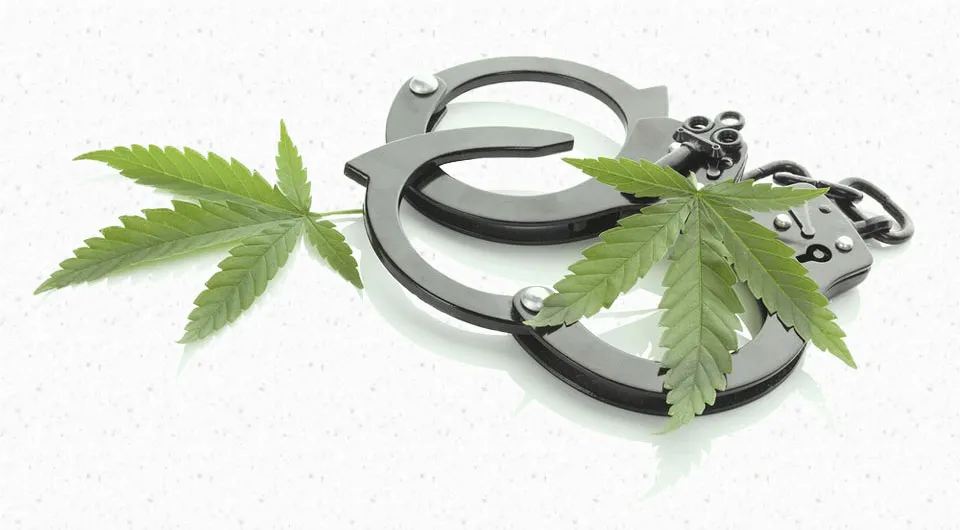
Decriminalization means that the personal use and possession of small amounts of cannabis are not treated as criminal offenses but may still be subject to fines or other penalties.
- Portugal: Portugal decriminalized the possession of all drugs, including cannabis, in 2001. Instead of incarceration, individuals found with small amounts are referred to a Dissuasion Commission, focusing on education and treatment.
- Netherlands: While not fully legalized, the Netherlands adopts a policy of toleration for personal cannabis use, and sale is allowed in licensed “coffee shops.”
Strict Prohibition
In many nations, cannabis use, possession, sale, and cultivation are strictly prohibited, with severe penalties, including long prison sentences or hefty fines.
- Japan: Cannabis possession can result in up to five years’ imprisonment, and cultivation may lead to a seven-year sentence.
- Singapore: Cannabis is classified as a Class A controlled drug, and unauthorized possession, consumption, or trafficking is punishable by harsh penalties, including the death penalty for trafficking large amounts.
User Tips
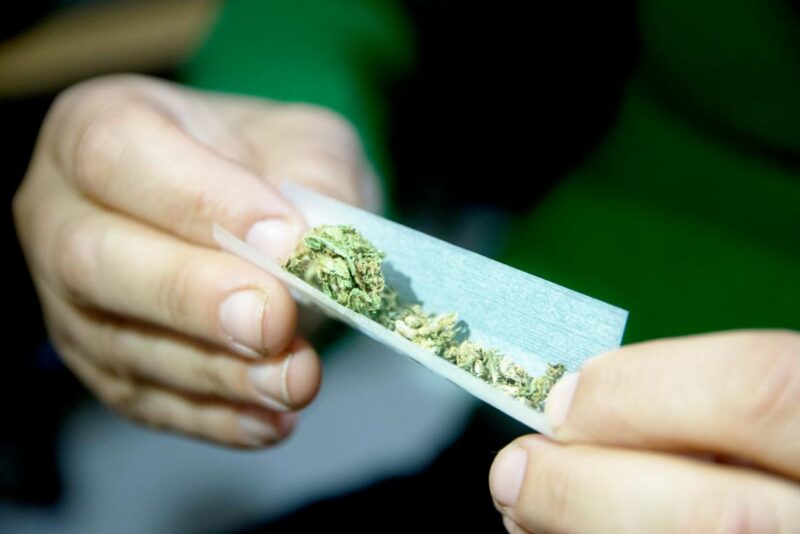
Medical Users
- Consult a Doctor: Speak with a healthcare professional about dosages and potential drug interactions.
- Start Small: Begin with a small dose to understand your body’s response.
- Educate Yourself: Understand the different cannabinoids and their effects.
Recreational Users
- Understand the Laws: Know the legal status of cannabis in your area.
- Consume Responsibly: Avoid operating heavy machinery under the influence of cannabinoids.
- Be Cognizant of Health Risks: Recognize the potential health risks associated with cannabis use.
Types
THC (Delta-9-tetrahydrocannabinol)
THC is the most well-known cannabinoid due to its psychoactive effects. It is responsible for the “high” that users experience when consuming cannabis. Medical marijuana patients might use THC for pain relief, as an appetite stimulant, and more. However, excessive use might lead to side effects like paranoia, dry mouth, and memory impairment.
CBD (Cannabidiol)
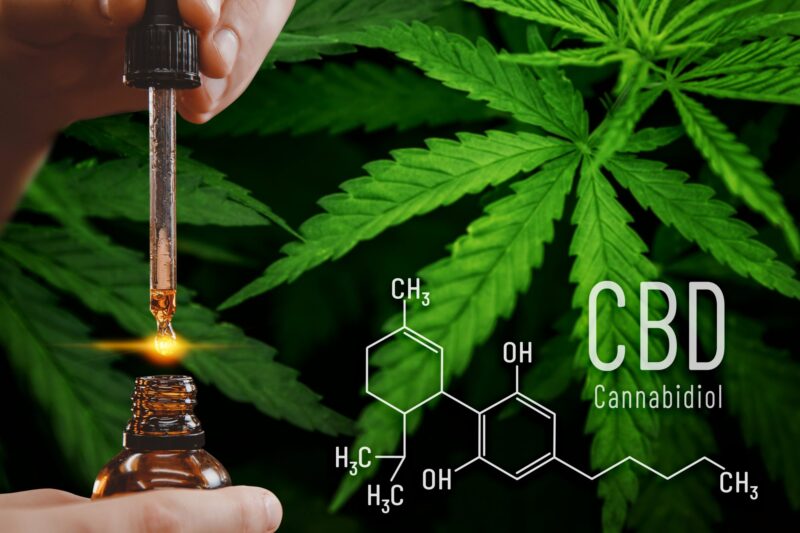
CBD has gained popularity for its potential therapeutic benefits without the psychoactive effects that THC provides. It’s widely used for conditions like epilepsy, anxiety, and chronic pain. Various forms of CBD, including oils, tinctures, and edibles, are available for consumption.
Other Cannabinoids
Other less known cannabinoids like CBN, CBG, and THCV each have their unique properties and potential medical benefits. They are typically present in much lower concentrations in the cannabis plant but are gaining attention for their potential medical and therapeutic uses.
Legal Considerations in Depth
United States
In the U.S., the federal government classifies cannabis as a Schedule I substance, making it illegal for all purposes under federal law. However, as of my last update in January 2022, numerous states have legalized medical and/or recreational cannabis use. Each state has its regulations regarding possession limits, consumption, and cultivation, and it’s crucial to be familiar with and adhere to these laws.
International Perspective
Globally, the legal status of cannabis and cannabinoids is a complex tapestry. Some countries, like Canada and Uruguay, have fully legalized cannabis, while others have extremely stringent laws that can lead to severe penalties for possession, use, or distribution. International travelers should be exceedingly cautious and informed about the laws of the countries they plan to visit.
Tips for Users

For Medical Users
- Consult a Doctor: For individuals using cannabinoids for medical purposes, consulting a healthcare professional is paramount. They can provide guidance on the appropriate type, form, and dosage of cannabinoid based on your condition and health history.
- Start Small: Especially for novices, starting with a low dose and slowly titrating up is crucial to monitor the body’s response and minimize potential side effects.
- Educate Yourself: Continuous learning about the different cannabinoids, their effects, and potential risks is essential. The more you know, the better you can make informed decisions regarding your health.
For Recreational Users
- Understand the Laws: Recreational users must be well-versed in their local, state, and federal laws regarding cannabinoid use to avoid legal complications.
- Consume Responsibly: Be aware of your limits and avoid risky behaviors, such as driving or operating heavy machinery while under the influence.
- Be Cognizant of Health Risks: Continuous, heavy use can lead to health issues, including respiratory problems (if smoked), dependency, and mental health conditions. Balance and moderation are key.
Wrapping It Up
In the expanding world of cannabinoids, staying informed, understanding the law, and using responsibly are key. The landscape is continuously evolving, with ongoing research unveiling more about the various cannabinoids and their potential benefits and risks. Whether a medical or recreational user, knowledge and responsible use are your best allies in navigating the world of cannabinoids.







